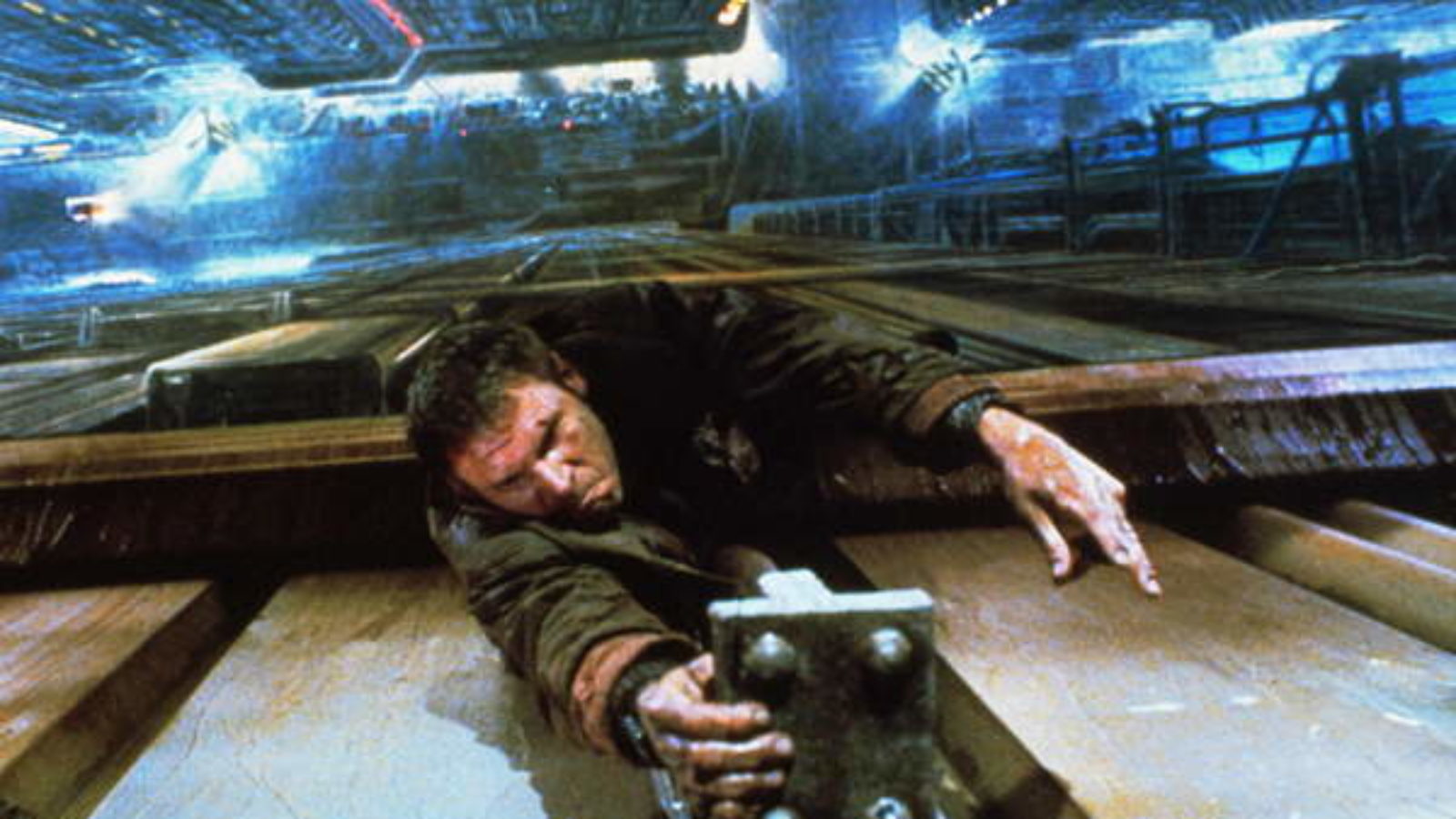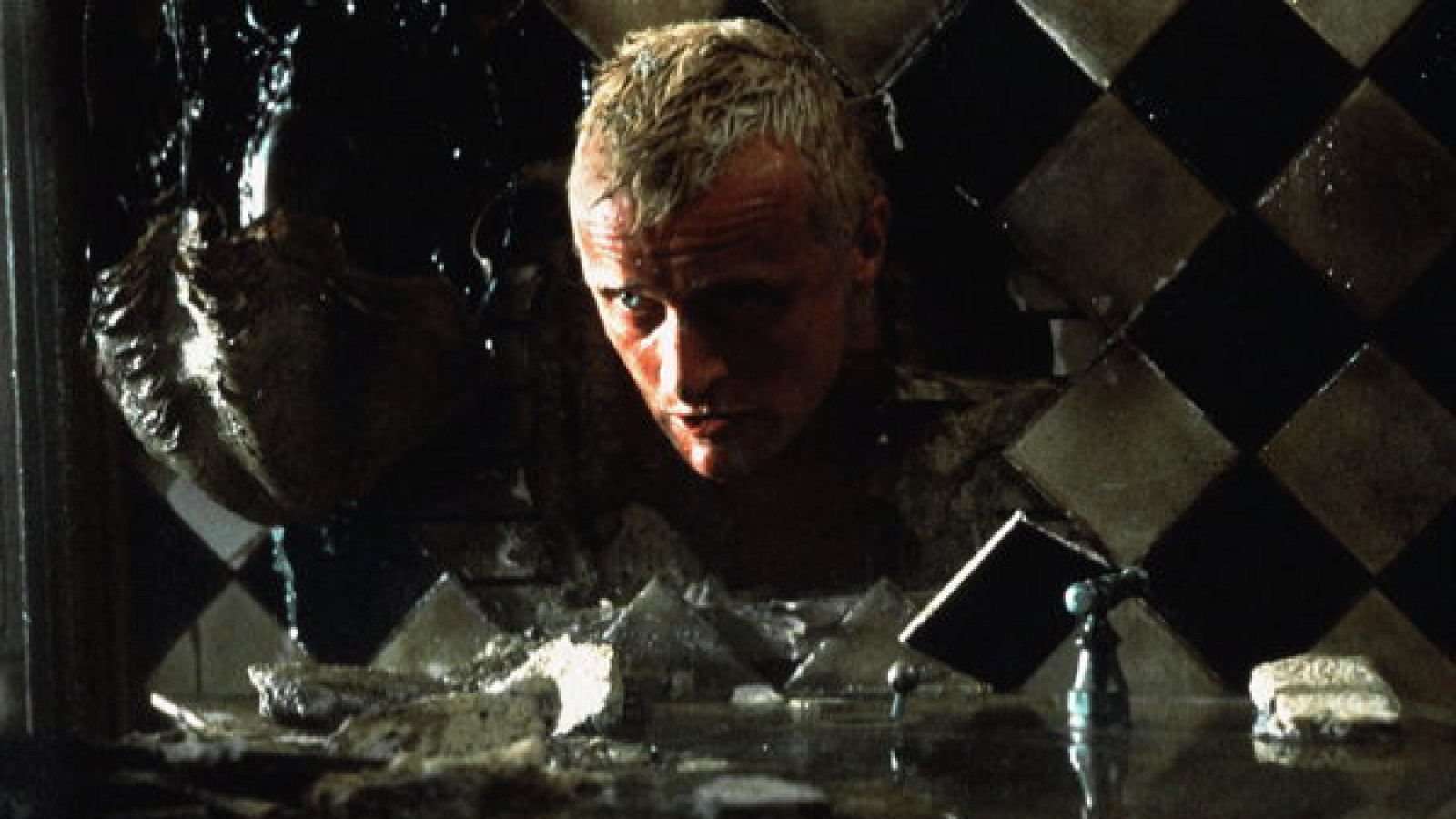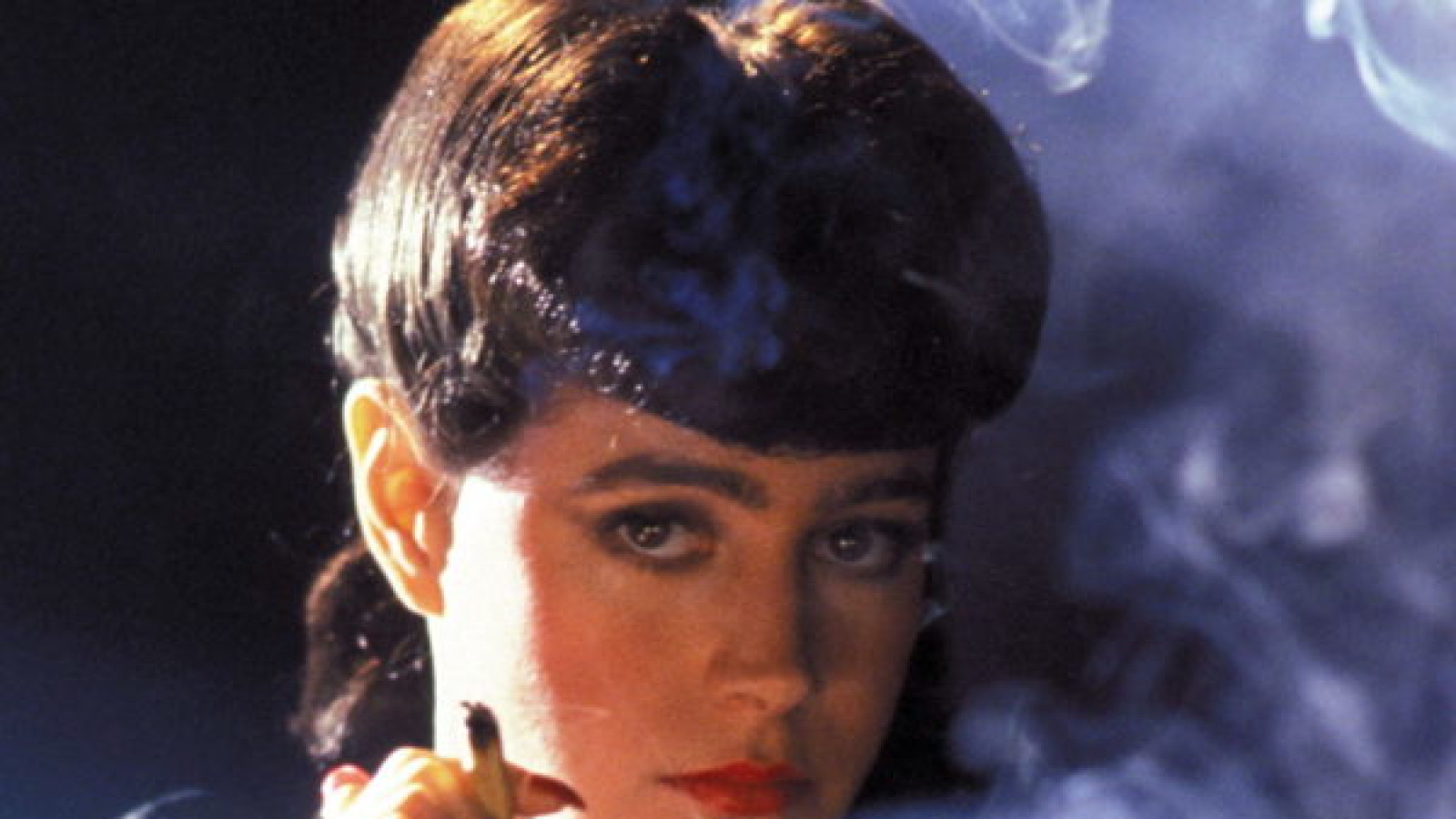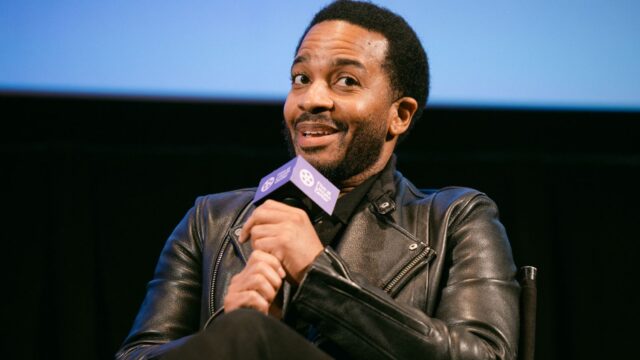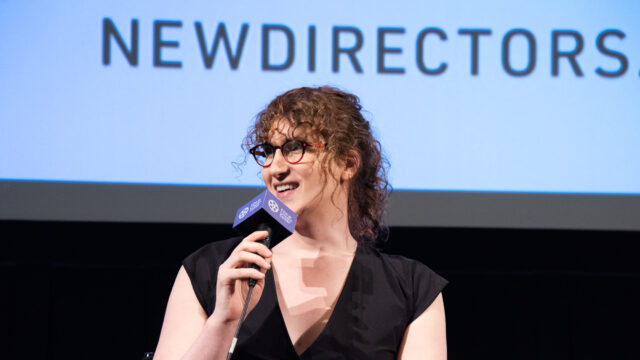Blade Runner: The Final Cut
Scott’s seminal science fiction opus dazzled audiences with its vision of a 21st-century Los Angeles choked by neon and drowning in rain, where real human beings are scarcely distinguishable from androids. Adapted from Philip K. Dick’s Do Androids Dream of Electric Sheep?, the story of the “blade runner” Deckard (Harrison Ford in perhaps his finest performance)–a futuristic Philip Marlowe–and his hunt for four renegade “replicants” led by the psychotic Roy Batty (Rutger Hauer) ranks, in terms of narrative and design, among the most influential in modern movies, its lipstick traces evident in a wide array of subsequent sci-fi/fantasy successes including The Crow, Dark City and the Matrix trilogy. Underappreciated by critics and audiences alike on its initial release—and saddled against Scott’s wishes with a happy ending and constant voiceover narration—Blade Runner has since achieved its due place in the canon and, in 2007, was fully rehabilitated by Scott to his preferred, final director’s cut.
“It is a superb piece of future-making and a film noir that bleeds over into tragedy. Ford has never been better—there was always a gruff reject in him waiting to be discovered—and Scott takes his hint from Deckard’s gaze in creating a world that is soulless already as it sails into its future.”
—David Thomson, Film Comment

